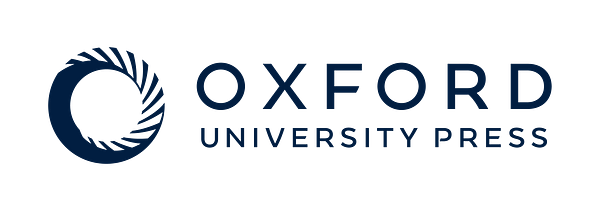Press release -
Oxford University Press believes independent learning must be nurtured through a whole-school approach
Schools can help students to become lifelong learners by teaching them to regulate their own learning through a coordinated, school-wide approach, according to a new global research paper from Oxford University Press (OUP)—the world’s largest university press. The paper, ‘The key to self-regulated learning’, understands the challenges faced by schools in putting self-regulated learning into practice, and offers a practical framework for schools to adopt—which can support learners to become more successful in school and their future careers.
Self-regulated, or independent, learning is described as the ability to monitor and manage one’s behaviour in the pursuit of educational, professional, and personal goals, involving skills such as self-assessment and monitoring progress. It has a direct impact on learning outcomes, both within and outside of the classroom, and helps learners to achieve their academic and professional goals with greater ease.
As detailed in the paper, schools typically struggle to support self-regulated learning due to a lack of clarity about its definition and implementation. To address this, the researchers created a framework for schools to follow, which suggests how to integrate self-regulated learning across the organization. The paper goes on to acknowledge that teachers and learners both benefit from this approach as it provides a roadmap for developing self-regulated learning skills.
Moreover, there is a common misconception that self-regulated learning is a natural ability that only some learners possess. Instead, the paper argues that the ability to learn independently is a set of complex skills and attitudes that can be developed through careful educational support. The paper emphasizes that this is not the responsibility of teachers alone but the involvement of the entire organization, including leaders, teachers, administrators, support staff, parents, and the wider community.
Leading researchers and practitioners in education were consulted in developing this paper, including Dr Linh Phung, Director of the English Language Program at Chatham University in Pittsburgh, USA; Professor Stephen Ryan, a practising teacher and researcher in language education; and Dr Nathan Thomas, Lecturer in TESOL at the IOE, UCL’s Faculty of Education and Society, University College London. The paper was written by Hayo Reinders, TESOL Professor and Director of Research at Anaheim University in the United States and Professor of Applied Linguistics at KMUTT in Thailand.
Reinders said: ‘There’s a depth of research into the importance of self-regulated learning but this has not led to significant improvements in practice. By understanding why schools fail to implement self-regulated learning and addressing these challenges, we can ensure that learners receive the support they need to develop the right skills for future success.’
Ben Knight, Head of Language Content, Research and Pedagogy at Oxford University Press, added: ‘This paper will be really important for all those teachers and schools that see the importance of learner independence, but have struggled to make it work in practice. The paper does an excellent job of analyzing what the obstacles have been, and then providing a framework for schools to develop a solution that is effective for them. What is unique about this approach is the way it links together what teachers need to do in the classroom with what school leaders need to do across the institution.’
Topics
- Education
Categories
- oup news
- english language teaching (elt)
- internationaleducation
- language
- learning
- oup
Regions
- England
Oxford University Press (OUP) is a department of the University of Oxford. It furthers the University's objective of excellence in research, scholarship, and education by publishing worldwide. OUP is the world's largest university press with the widest global presence.
It currently publishes thousands of new publications a year, has offices in around fifty countries, and employs approximately 6,000 people worldwide.
It has become familiar to millions through a diverse publishing program that includes scholarly works in all academic disciplines, bibles, music, school and college textbooks, children's books, materials for teaching English as a foreign language, business books, dictionaries and reference books, and academic journals.
